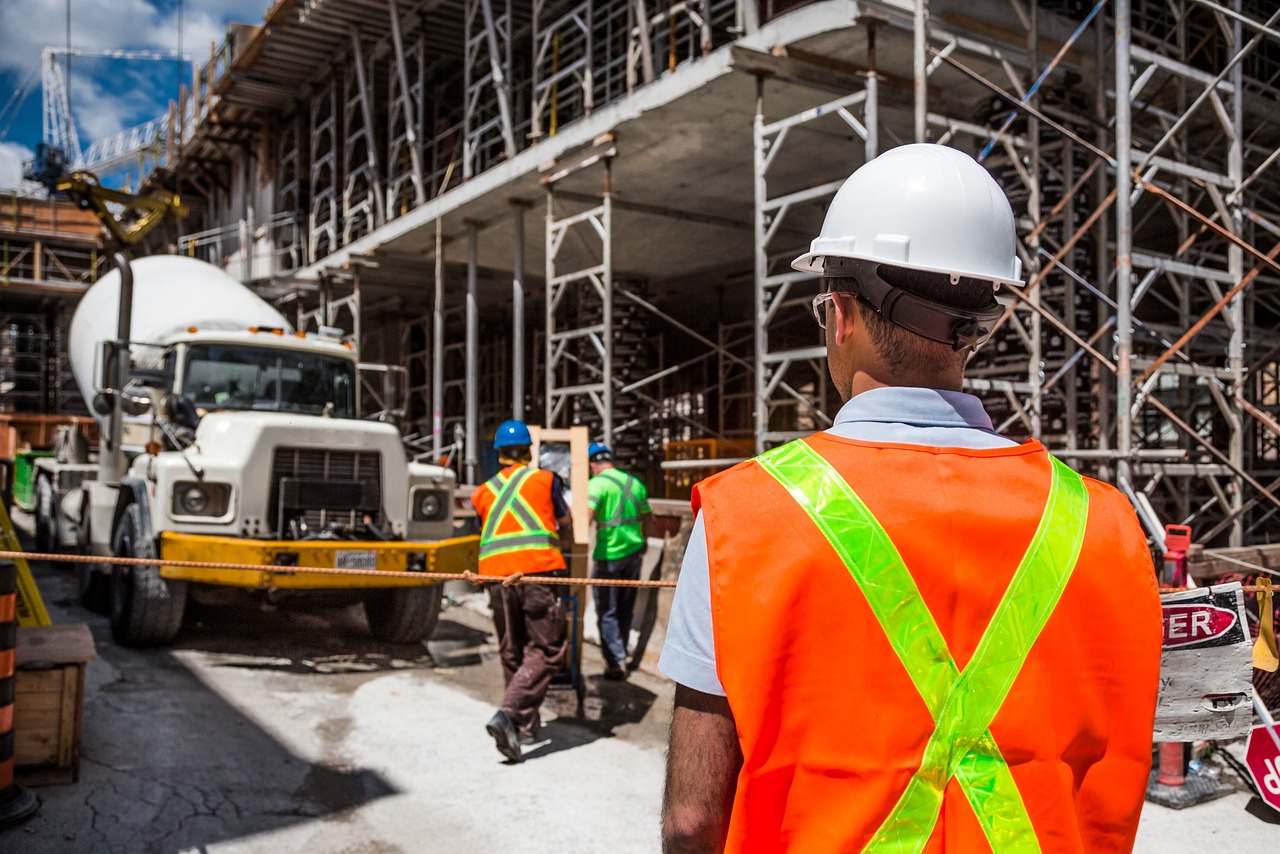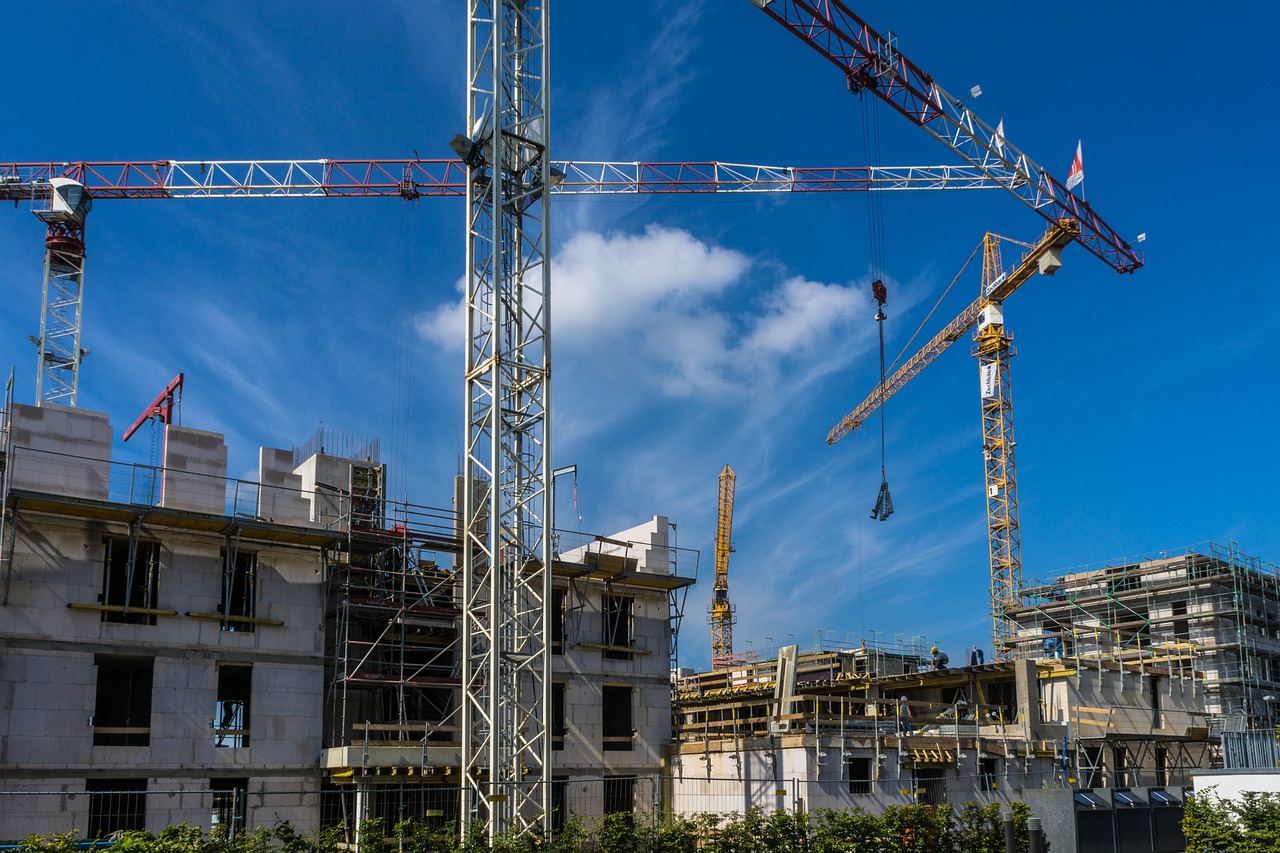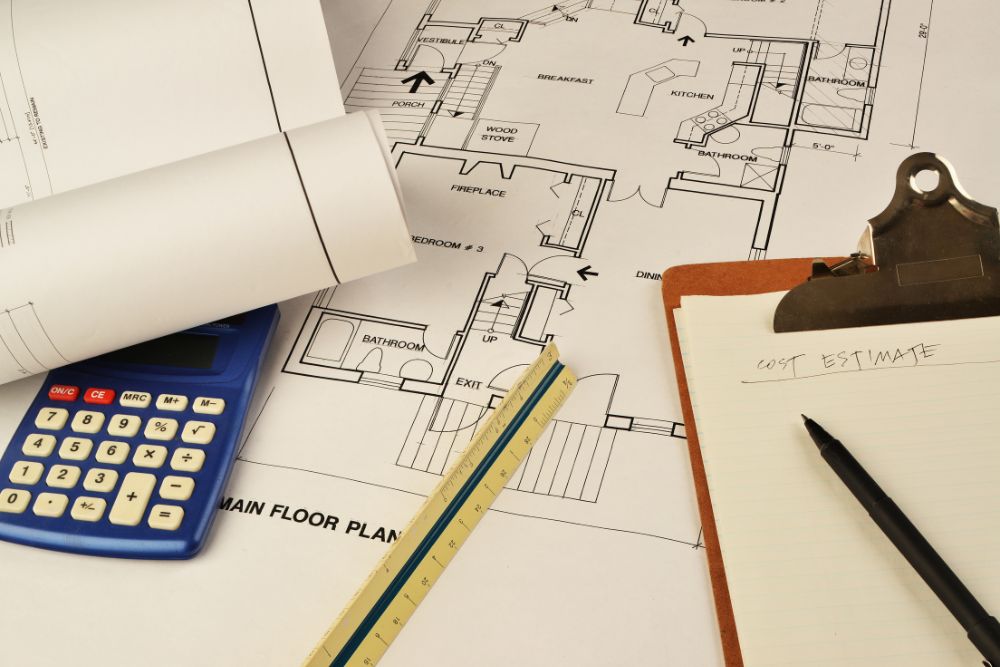Delays are a common problem in construction projects. Even with good planning, things like late deliveries, design changes, or poor communication can slow down the work. When this happens, it often leads to higher costs, missed deadlines, and frustrated clients.
Managing these challenges requires careful planning, teamwork, and constant monitoring. Every contractor and project manager wants to complete the job on time and within budget, but that’s only possible when potential problems are addressed early.
This blog explains how to mitigate project delays during construction projects through practical strategies that keep construction activities well-organized, efficient, and on schedule.
What Project Delays Are and How They Affect Construction Projects?
A project delay occurs when construction work does not progress according to the planned schedule. These delays can arise from various factors such as design changes, material shortages, unfavorable weather, or labor-related issues. Regardless of the cause, a delay can disrupt the workflow and affect several areas of a project.
When timelines extend, productivity often declines, and costs increase due to longer equipment use and additional labor. In some cases, delays may also lead to contractual disputes or damage professional relationships. To prevent these outcomes, project teams must identify risks early and apply effective strategies to mitigate project delays during construction projects.
Common Causes of Construction Delays
Construction delays usually have multiple causes. They often arise from planning issues, coordination gaps, and external challenges. Here are some of the most common reasons projects fall behind schedule:
- Poor Project Planning: Inaccurate schedules or unrealistic timelines can create confusion. Overlaps between different phases of work may occur. Even small issues can lead to major setbacks without proper planning.
- Material and Equipment Shortages: Delays in material supply or unavailable equipment can halt progress. These problems are often caused by inadequate procurement planning.
- Frequent Design Changes: Unapproved or last-minute design revisions can disrupt workflow. Rework is often needed, which consumes extra time and resources.
- Labor Shortages or Inefficiency: A lack of skilled labor or poor supervision can slow productivity. Work quality may also be affected, further delaying the project.
- Weather and Site Conditions: Unpredictable weather, difficult terrain, or unexpected site issues can pause construction activities. These factors often push deadlines further.
- Poor Communication and Coordination: Miscommunication among contractors, engineers, and clients can create repeated errors. Scheduling conflicts and missed milestones are common results.
Ways to Mitigate Project Delays During Construction Projects
While preventing delays is ideal, existing delays can still be managed effectively with the right approach. Here are practical steps to reduce their impact:

1. Optimize Work and Break Times
Delays can occur when labor is insufficient or not used efficiently. Adjust work and break schedules to improve productivity without overworking your team. Avoid overburdening workers, as this can lead to low morale or resignations. Balanced scheduling ensures that the workforce remains motivated and focused throughout the project.
2. Reassign Duties as Needed
Assign tasks according to each worker’s strengths and interests. When people are doing jobs they are skilled at or motivated to do, productivity improves, helping to recover lost time. This approach also encourages better teamwork and maximizes individual potential.
3. Make the Best Use of Available Materials
Shortages or unavailability of materials can halt progress. Use existing materials efficiently or substitute safely when possible, without compromising the quality of work. Careful material management ensures that work continues smoothly despite temporary shortages.
4. Negotiate with Stakeholders
Communicate with project owners, suppliers, or authorities to manage expectations and minimize negative impacts. Legal or personal negotiations can prevent conflicts and protect your project’s reputation. Open communication helps maintain trust and cooperation among all parties involved.
5. Manage Parallel Work
If tasks are delayed, try running multiple activities simultaneously by reorganizing your labor force or temporarily increasing manpower. This helps make up for lost time. Parallel work ensures that delays in one area do not halt progress across the entire project.
6. Introduce Additional Shifts
Adding a new shift with extra labor can speed up work and compensate for delays. Temporary workers can handle tasks during off-hours, ensuring the project stays on track. This approach helps maintain steady progress without overloading the existing workforce.
7. Outsource Specific Tasks
Consider hiring external contractors for parts of the project that are lagging. Outsourcing helps catch up on work without overloading your existing team. It also allows your core team to focus on critical tasks that require specialized skills.
8. Streamline Processes Where Possible
Look for tasks that can be simplified or completed faster without compromising safety or quality. Small adjustments, like reducing unnecessary delays, can help recover valuable time. Streamlining operations ensures efficiency and keeps the project moving toward timely completion.
The Role of Accurate Estimating in Preventing Delays
Accurate estimation is critical for keeping construction projects on track. Key benefits include:
- Efficient Resource Allocation: Precise estimates help plan labor, equipment, and materials effectively.
- Realistic Scheduling: Accurate timelines ensure tasks are completed without unnecessary pressure or downtime.
- Reduced Risk of Material Shortages: Proper cost and quantity calculations prevent delays caused by missing resources.
- Minimized Rework: Detailed planning identifies potential issues before construction begins, avoiding time-consuming corrections.
- Informed Decision-Making: Reliable estimates enable project managers to make proactive adjustments to stay on schedule.
- On-Time and On-Budget Completion: Ultimately, accurate estimation supports timely project delivery without compromising quality.
FAQs
What do you say when a project is delayed?
Be honest and clear about the reason for the delay. Explain the current status, what caused the setback, and the steps being taken to resolve it. Effective communication helps maintain trust and shows that you are managing project delays during construction projects responsibly.
How to manage a project with a tight deadline?
Prioritize tasks, optimize labor, and allocate resources efficiently. Use parallel workflows, introduce additional shifts if needed, and monitor progress closely. Proper planning and constant oversight can help complete the project on time despite project delays during construction projects.
How to communicate project delays effectively?
Inform stakeholders immediately, explain the cause and impact, and provide a clear recovery plan. Use meetings, emails, or reports to keep everyone updated. Transparent communication is key to handling project delays during construction projects professionally.
How to convince a client of a project delay?
Present the facts clearly, explain the reasons behind the delay, and share a realistic recovery plan. Show the steps being taken to ensure quality and timeliness. Honest discussion helps clients understand and accept project delays during construction projects.
When should outsourcing be considered to manage delays?
Outsourcing is useful when internal resources cannot meet deadlines. It helps handle specific tasks, accelerate work, and recover lost time. Consider outsourcing strategically to manage project delays during construction projects without compromising quality.
Conclusion
Project delays during construction projects are common, but they don’t have to derail your timeline or budget. By identifying the causes of project delays during construction projects early, you can take steps to fix them quickly. Implement effective mitigation strategies, optimize labor and materials, and maintain clear communication to keep your project on track. Accurate estimation and proactive planning also help reduce risks and ensure smooth progress.
Don’t let project delays during construction projects affect your project’s success. At Prime Estimation, we provide precise estimating and expert support. We help you manage timelines, resources, and costs efficiently. Contact us today to keep your project on schedule and avoid costly setbacks.












